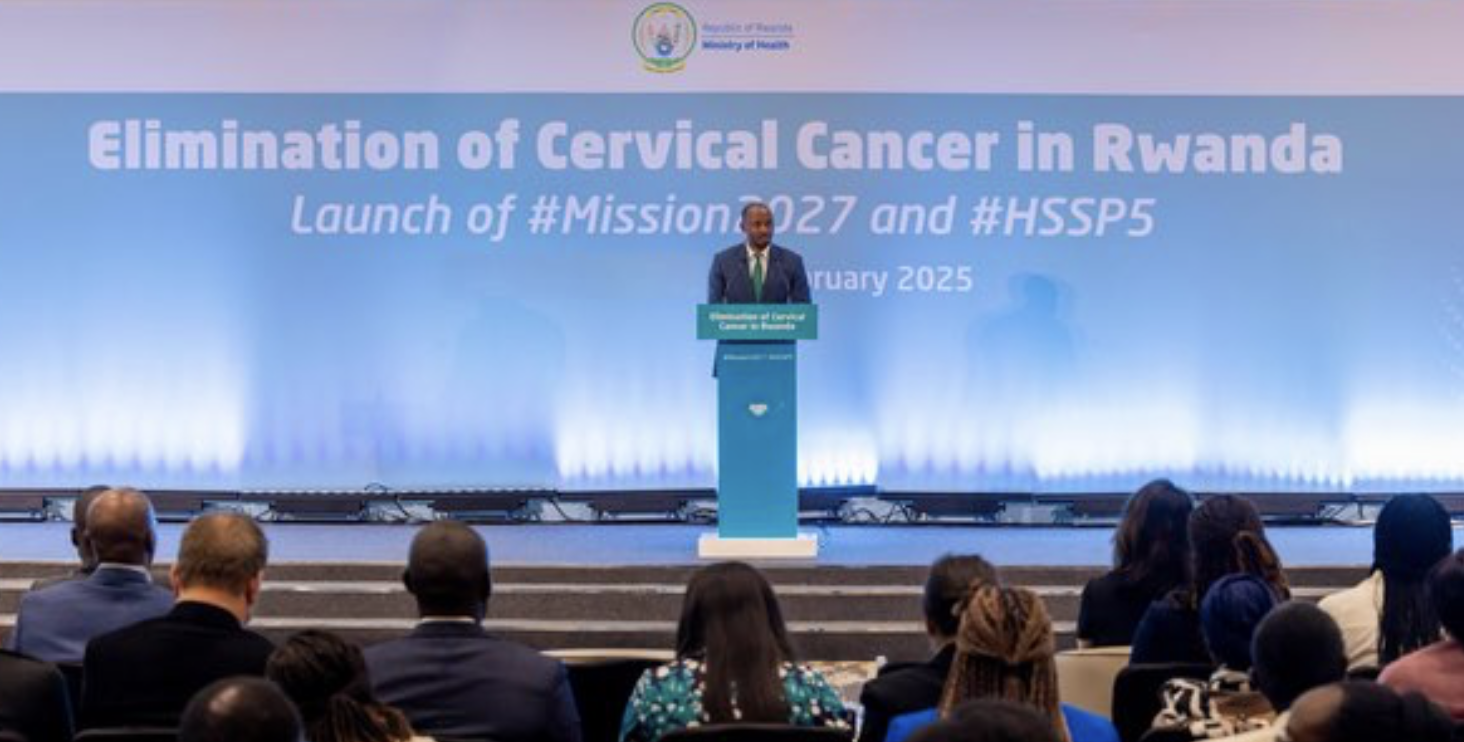Morocco faces significant challenges in managing healthcare expenditures amid the expansion of universal health coverage. The study aimed to evaluate economic measures designed to enhance financial sustainability, equity, and efficiency in the health sector. Using...
Peru’s Ministry of Health Strategic Plan 2025-2030 approved
The Strategic Plan 2025-2030 of the Peruvian Ministry of Health was approved in February 2025. It has, among others, institutional strategic objective 4, which is to strengthen the steering, regulatory and supervisory role of the Ministry of Health. Among others, the...
Health Sector Strategic Plan V 2024–2029
The Health Sector Strategic Plan (HSSP) V for 2024/25–2028/29 outlines a comprehensive approach to advancing Rwanda's health sector toward universal health coverage by 2030, aligning with broader national and global goals. It focuses on five strategic pillars:...

Rwanda unveils fifth Health Sector Strategic Plan to advance universal health coverage
Rwanda’s Ministry of Health has launched the fifth Health Sector Strategic Plan to strengthen healthcare and achieve universal health coverage by 2030. Focus areas include workforce, infrastructure, quality care, and innovation, with a funding gap of 21%-32%. The...
Health systems in action: Tajikistan
Tajikistan’s health system offers a publicly financed basic benefits package, but many individuals remain ineligible for coverage. Most healthcare services are publicly managed by the government. Initiatives like 'Health for All' and the 'Universal Health Coverage'...
Political economy analysis of primary health care-oriented reforms: a case study on contracting district health systems for primary care services in Thailand
In Thailand, primary health care (PHC) is the first point of access to health services for all Thai citizens within the district health system. This case study investigates the political economy factors that have influenced Thailand’s decades-long implementation of...
Malta: health system summary 2024
Malta has a tax-based national health system that provides nearly universal access to its citizens, with significant out-of-pocket spending accounting for 30% of total health expenditure in 2021. The country is focused on enhancing healthcare infrastructure and...
Luxembourg: health system review 2024
Luxembourg's health system, based on statutory health insurance and public financing, provides universal access and low out-of-pocket expenses, while facing challenges in workforce shortages that the government is addressing through domestic training programs and...
Health systems in action: United Kingdom
Key Insights The United Kingdom’s National Health Service (NHS) provides universal health coverage, primarily funded through general taxation, ensuring access to comprehensive care based on need rather than the ability to pay. Health and social care responsibilities...
Health Systems in Action Insights – Uzbekistan
Key Points Uzbekistan's health system currently provides a basic set of publicly financed health services, but it does not cover all essential services or medicines. The Ministry of Health oversees the organization and management of the largely public health services,...
Situation Analysis by WHO: Primary Health Care Financing in Ukraine
On 16 October 2023, WHO issued a report titled "Primary health care financing in Ukraine: a situation analysis and policy considerations". As reported by WHO-Europe, this report delves into the current state of primary health care (PHC) financing in Ukraine and...
Health Financing Progress Matrix Assessment, Jordan 2024
This report presents the findings of the Health Financing Progress Matrix assessment for Jordan, highlighting the strengths and weaknesses of its health financing policies in relation to global standards. It identifies key priorities, such as addressing fragmentation...
Germany: health system summary 2024
Germany’s health system is decentralized, with compulsory statutory health insurance (SHI) covering 89% of the population and substitutive private health insurance (PHI) covering about 11%, offering comparable or better benefits. In 2022, Germany spent 12.7% of GDP on...
Cyprus: health system review 2024
Cyprus introduced the General Healthcare System (GeSY) in 2019, providing universal coverage, expanding provider networks, and sharply reducing household out-of-pocket healthcare spending. While the system has improved access and decreased unmet medical needs,...
The State program “Health of the people and demographic security” for 2021-2025 of the Republic of Belarus
By Resolution No. 28 of the Council of Ministers dated January 19, 2021, the State Program "Public Health and Demographic Security" for 2021-2025 was approved. Its goal is to create conditions for improving the health of the population, covering all stages of life,...
